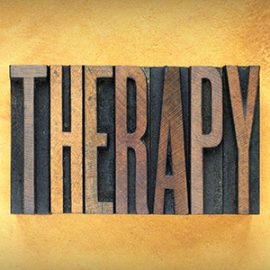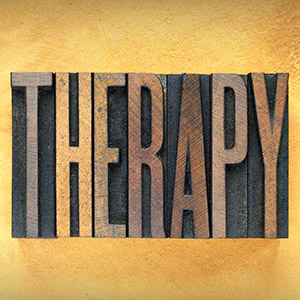 At Veranda Rehabilitation and Healthcare in Harlingen, Texas, there is no greater incentive for our therapists to persevere through difficult cases than to see patients returning home to carry on with their lives. In the example of one client, admitted to Veranda with a gunshot wound to the mouth and presenting with ETOH abuse, B nephrolithiasis, malnutrition, liver cirrhosis and other symptoms, it was clear from the start that this patient would require extensive therapy. However, our therapists were up for the task, and his story is just one of many that demonstrates how our commitment to a positive outcome allows us to create a partnership for healing with even the most challenging patients.
At Veranda Rehabilitation and Healthcare in Harlingen, Texas, there is no greater incentive for our therapists to persevere through difficult cases than to see patients returning home to carry on with their lives. In the example of one client, admitted to Veranda with a gunshot wound to the mouth and presenting with ETOH abuse, B nephrolithiasis, malnutrition, liver cirrhosis and other symptoms, it was clear from the start that this patient would require extensive therapy. However, our therapists were up for the task, and his story is just one of many that demonstrates how our commitment to a positive outcome allows us to create a partnership for healing with even the most challenging patients.
This client, we’ll call him Joe, entered Veranda not only with multiple physical ailments, but emotional distress as well. Angry, depressed and unwilling to participate in therapy upon admission, Joe seemed determined to do anything but listen to his therapists. One can understand his frustration: After living independently in a mobile home community, now Joe required total assist for all mobility and ADLs and was eating a modified diet of mechanical soft food and honey-thick liquids.
With persistence and continual education on the benefits of therapy, we began to create a rapport with Joe. Once we turned that corner, Joe became an active participant in his treatment program and began to see progress, albeit slow. The road was long and winding leading up to Joe’s discharge, to say the least. During his stay, Joe was transferred to hospital three times due to multiple medical issues. While there, he went into both respiratory and cardiac arrest and was put on a ventilator.
Joe’s therapists remained dedicated to his treatment despite the bumps in the road. Physical therapy included functional exercise tolerance, BLE strengthening and coordination, standing balance facilitation and gait training. Our occupational therapists worked on NMR, BUE strength, sitting balance, UE coordination, self-care training and e-stim for pain management. Lastly, SLP treatment included oral motor retraining and dysphagia treatment.
After four months of hard work, Joe was discharged home and now lives alone and independently with all ADLs. He ambulates without an assistive device, eats a regular diet with thin liquids, manages his own finances and drives his own car. While we are thrilled with the outcome of Joe’s treatment, we are even happier that he has reclaimed his life and makes the time to visit us frequently at Veranda. Joe never fails to express his gratitude that our therapists did not become discouraged despite the initial challenges. To this, we would say, it is our great pleasure to serve clients like Joe and help them emerge from treatment with a new lease on life.

